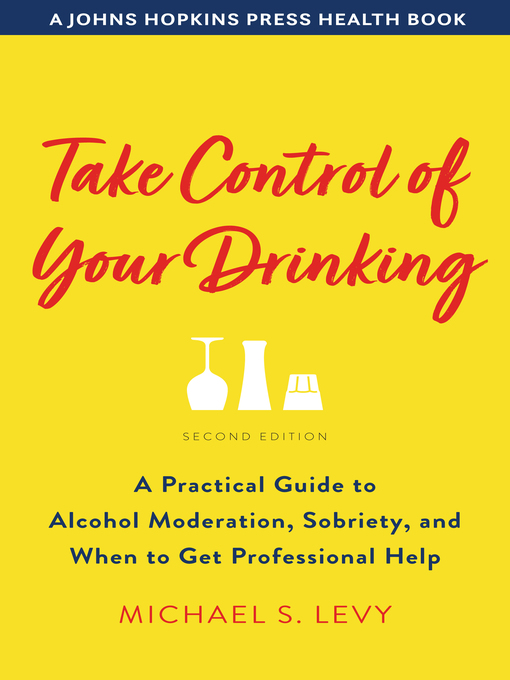Accepting that there is no one-size-fits-all approach to controlling drinking, the latest edition of this bestselling book will help you assess your drinking and determine whether moderation or abstinence is the best path for you.
For decades, the standard treatment for people struggling with alcohol consumption has focused on convincing them to admit that they are an alcoholic, to stop drinking entirely, and to enter into a program, most commonly Alcoholics Anonymous. But in his more than thirty-five-year career as an addiction specialist working with people who want to change their drinking habits, Michael S. Levy has found that the routes to behavioral change actually vary. And although abstinence is the successful route for many people, others can moderate their drinking on their own or with professional help.
In this practical, effective, and compassionate book, Levy helps people take control of their alcohol problem by teaching them how to think about and address their drinking habits. Beginning with a set of self-assessments that reveal whether the reader's use of alcohol is creating problems, Levy explains the causes of problem drinking, discusses the growing recognition of the various ways an alcohol use disorder can show itself, and talks about why it is so difficult to change. Offering advice for choosing between moderating your drinking or abstaining altogether, he also touches on coping with slipups, fighting helplessness and the fear of failure, and knowing when moderation is not achievable.
The book is unique in that instead of telling people what they need to do, it meets people at their stage of change and level of readiness to change and helps them decide for themselves what they need to do. Drawing on the latest scientific evidence, this new edition includes
Ultimately, Take Control of Your Drinking empowers people to tackle their drinking problem and gives them the freedom to do so in a way that fits with their own lifestyle and values. This book is useful for anyone who may find that they are drinking too much, for the loved ones of such people, and for clinicians who want to broaden their skills when working with people who struggle with alcohol.
